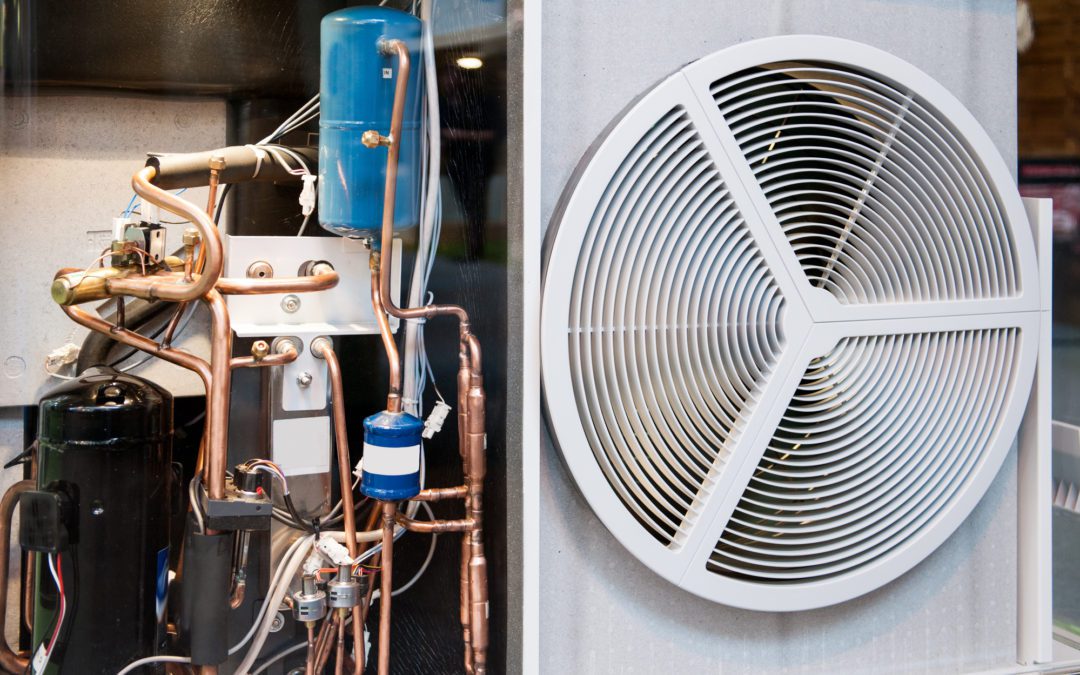Once you’ve decided to acquire air conditioning for your home, the hunt begins for the perfect system. You would have come across central and individual air conditioning methods. Associated with the system is the term BTU. Naturally, you’d assume that the higher the BTU, the better the air conditioner. However, it’s not as simple as that. Finding out the meaning of BTU is crucial in identifying the air conditioning system for your home.
The Meaning of BTU
BTU is a representation of the British Thermal Unit. It measures thermal or heat energy. By definition, one BTU refers to the amount of energy required to increase or decrease the temperature of one pound of water by one degree Fahrenheit. Simply put, if 16 ounces of water at 59 degrees Fahrenheit were heated in a pot on a stove, it would take precisely one BTU to increase the temperature of the water to 60 degrees Fahrenheit. A single BTU is small when compared to the energy consumption of a household. If you had to demonstrate what one BTU represents, burning a matchstick would suffice. However, to put it into context, the United States used about 101.3 quadrillions BTU of energy in 2018.
BTU Application
Surprisingly, BTU isn’t used by the British. They regard it as a pre-metric measurement, which means that countries that haven’t adopted the metric system use it often. Even though scientists use Joule to measure energy, some countries such as Canada and the USA opt to use BTU as a measurement of heat output for a variety of appliances. You’d associate it with heaters, gas grills, and fuels such as oils, natural gas, and coal. Pertaining to air conditioners, it measures the cooling effect the appliances have on its environment. These items are rated according to how many BTUs it can remove from its surroundings.
When BTUs are measured against oil, gas, and coal, it is related to their weight. The ratings that heating and cooling appliances receive deal with the amount of BTUs removed per hour.
Cooling and Heating Requirements
The ability of a heat source to impart its energy onto a substance isn’t wholly dependent on the source but also the substance. For example, heating water requires more energy than heating metal. The same process applies to heating the air within your home. To identify the necessary energy to heat your interior, you’d have to find out what the heat of air is, the size of the room, the weight of the air, and converting the units as required.
Calculating Size
Thankfully there are online calculators to assist in determining the correct requirements. A typical example is heating a 1000 square foot apartment that’s well-insulated during winter may require around 24 000 BTUs per hour. Although this is an average example, it doesn’t necessarily mean that the numbers increase or decrease proportionally. There are several factors to consider, so speak to an HVAC professional who will advise you accordingly. The BTU rating of your unit depends on the amount of shade or natural sunlight that enters a specific room. It is possible to reduce the BTU rating of your air conditioner if the space you’re cooling is shady by 10% or increase by the same amount for a particularly sunny room. Addressing the second floor of a home that’s usually warmer will require an extra 10% on its BTU rating.
If you consider the size of the room alone, you’ll require 20 BTU for every square foot of living space. This demonstrates why a consumer must be aware of the meaning of BTU.
How Does it Work?
BTU is used to determine the cooling and heating power of your system. Ultimately, the BTU rating given to your system relates to the energy that it uses. The higher the BTU, the more power it consumes, and the same goes for lower BTUs. Before you assume higher power consumption is negative, it also results in a bigger output from your HVAC system. Finding the optimal energy consumption level to control the climate of your interior effectively will determine the BTU rating of your air conditioning system.
The efficiency of the air conditioning unit is determined by the energy efficiency ratio (EER). It refers to the ratio of cooling capacity to the power consumption. The higher the EER rating is, the more efficient it is, costing you less on your energy bill. When you’re looking for a new air conditioner, look for systems that have the ENERGY STAR label. They generally use 10% less energy and cost less than $75 a year to operate.
Conclusion
Understanding the meaning of BTU provides you with information to install an HVAC system that is effective and energy-saving. While it’s great to trust your installer, it’s better to have a working knowledge of the terminology to avoid being hoodwinked. BTU is only one aspect of air conditioning and heating, stay informed by reading more on these crucial systems to help you create the perfect indoor environment.

